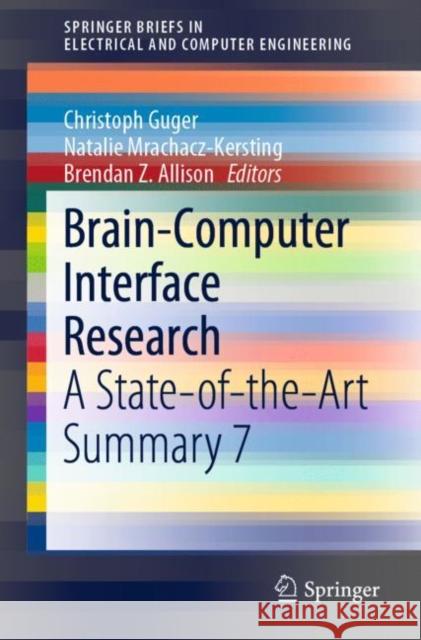Brain-Computer Interface Research: A State-Of-The-Art Summary 7 » książka
topmenu
Brain-Computer Interface Research: A State-Of-The-Art Summary 7
ISBN-13: 9783030056674 / Angielski / Miękka / 2019 / 127 str.
Kategorie:
Kategorie BISAC:
Wydawca:
Springer
Seria wydawnicza:
Język:
Angielski
ISBN-13:
9783030056674
Rok wydania:
2019
Wydanie:
2019
Ilość stron:
127
Oprawa:
Miękka
Wolumenów:
01
Dodatkowe informacje:
Wydanie ilustrowane











